Baby Pygmy Hippo Moo Deng: All About New Social Media Sensation, Reason Behind Popularity
In the world of social media, a new sensation is winning hearts. Meet Moo Deng, a baby pygmy hippo is going viral over social media platforms. Read here to know why.
1. Viral Sensation
)
Moo Deng, a baby pygmy hippo from Khao Kheow Open Zoo in Thailand, has captured the hearts of the internet with her small size and playful charm. She became a global hit after zookeeper Attapon Nundee shared videos of her during the pandemic, leading to fan art, social media pages, and even brand collaborations.
2. Charming Debut
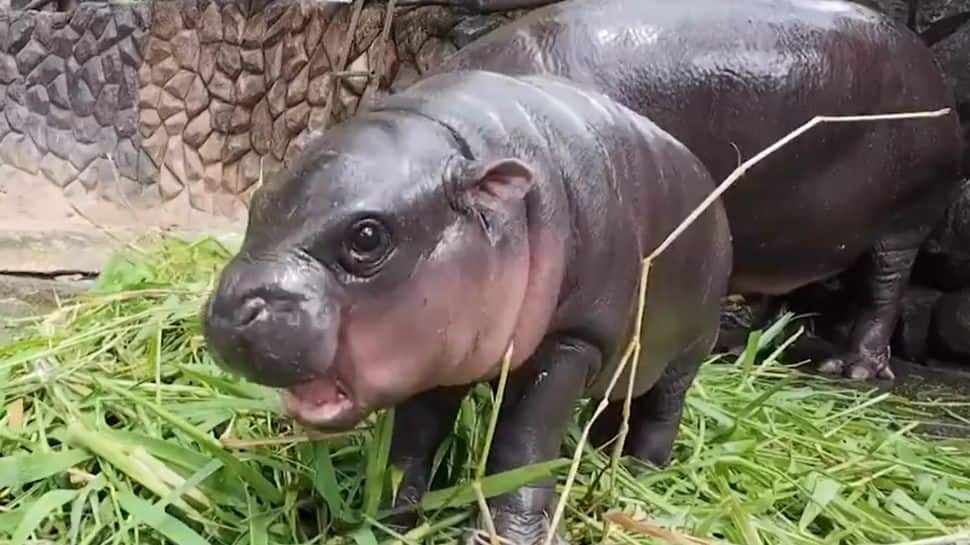
Born on July 10 and first revealed to the public on July 25, Moo Deng quickly gained attention for her lively and expressive personality. Her name, which translates to "bouncy pig" or "pork patty," has only added to her popularity, perfectly reflecting her adorable and spirited nature.
3. Global Fame
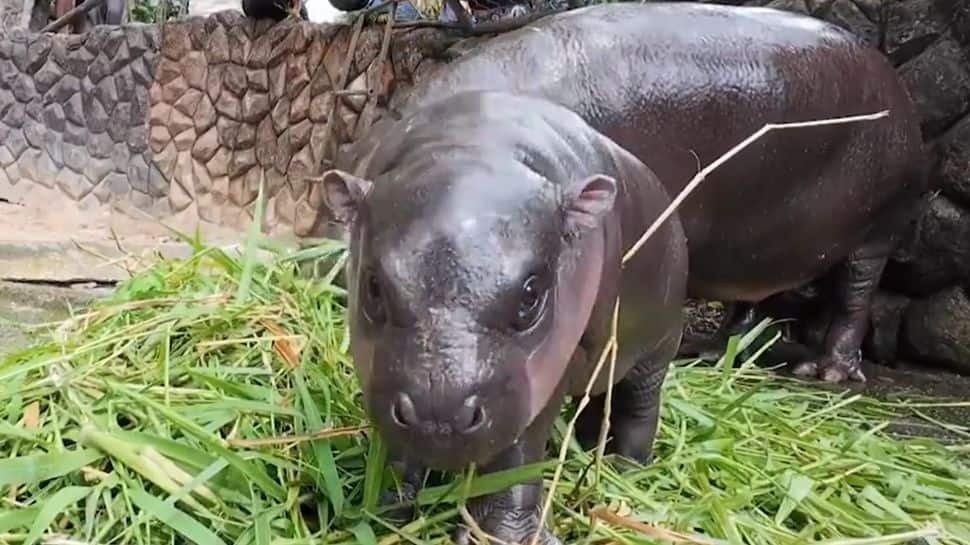
What started as a local social media buzz soon turned international, with Moo Deng attracting fans worldwide. Major brands like Sephora Thailand joined the trend, even launching campaigns inspired by her, such as a tagline encouraging people to “wear blush like a baby hippo.”
4. Visitor Challenges
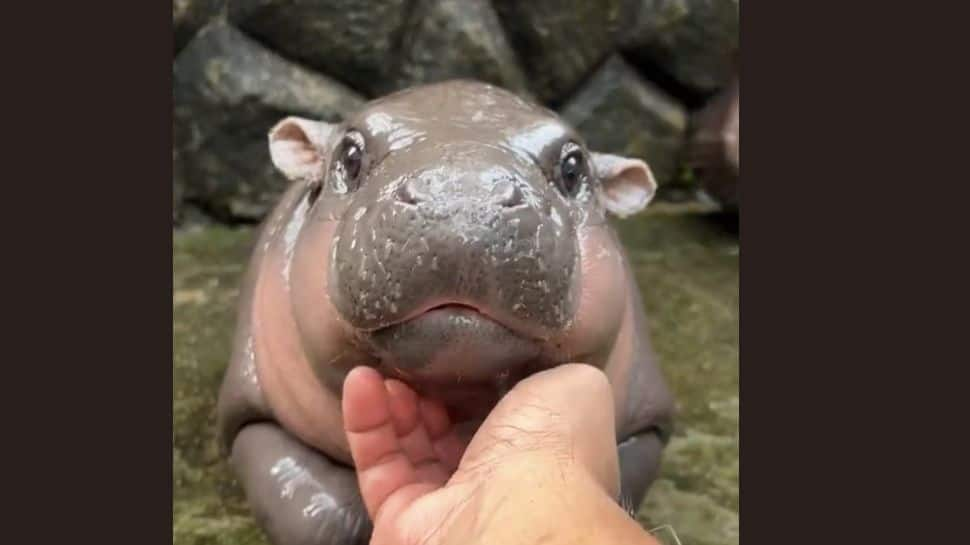
Despite her growing fanbase, Moo Deng’s presence has also led to issues at the zoo. Some visitors have thrown food at her, prompting the zoo to install CCTV cameras. The zoo's director warned that such behavior is harmful and could lead to legal consequences.
5. Conservation Awareness
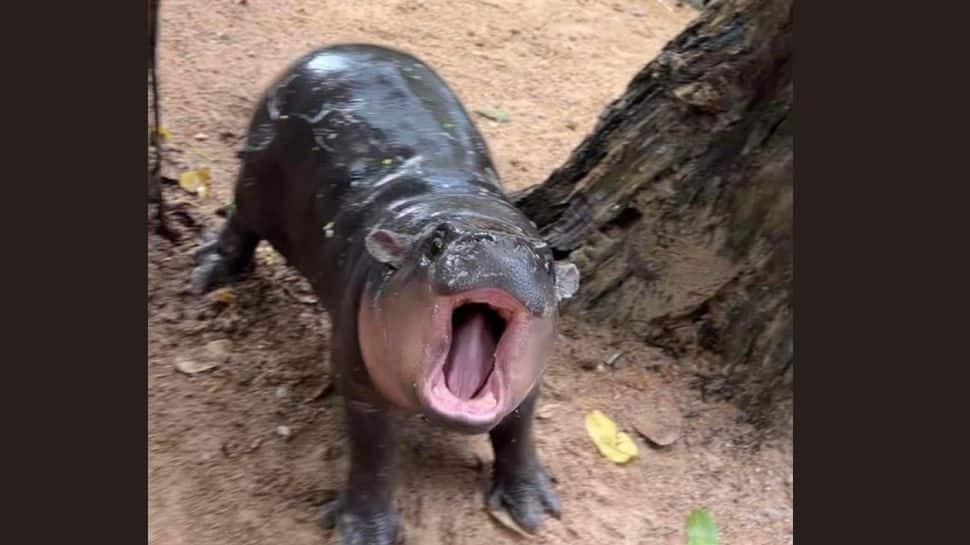
Moo Deng's fame shines a light on the endangered status of pygmy hippos, native to West Africa. With only around 3,000 of these creatures remaining in the wild, Moo Deng’s story highlights the need for increased awareness and conservation efforts.
6. Endangered Species
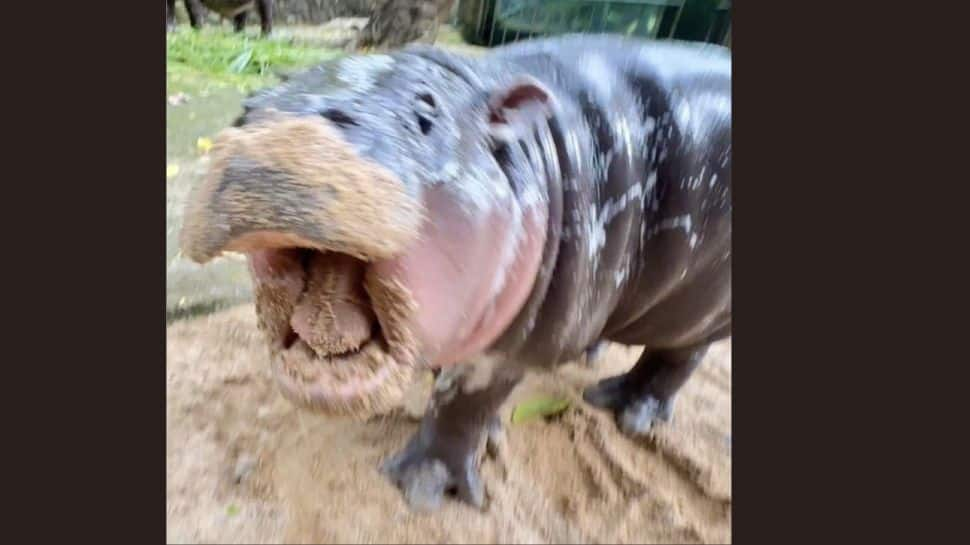
Pygmy hippos, primarily herbivores, live in the dense forests of West Africa. They feed on roots, leaves, and fruit and are known for their unique ability to stand on their hind legs to reach food. Moo Deng's story serves as a reminder of the responsibility we have to protect such rare species.
P.C: Social Media
Trending Photos








